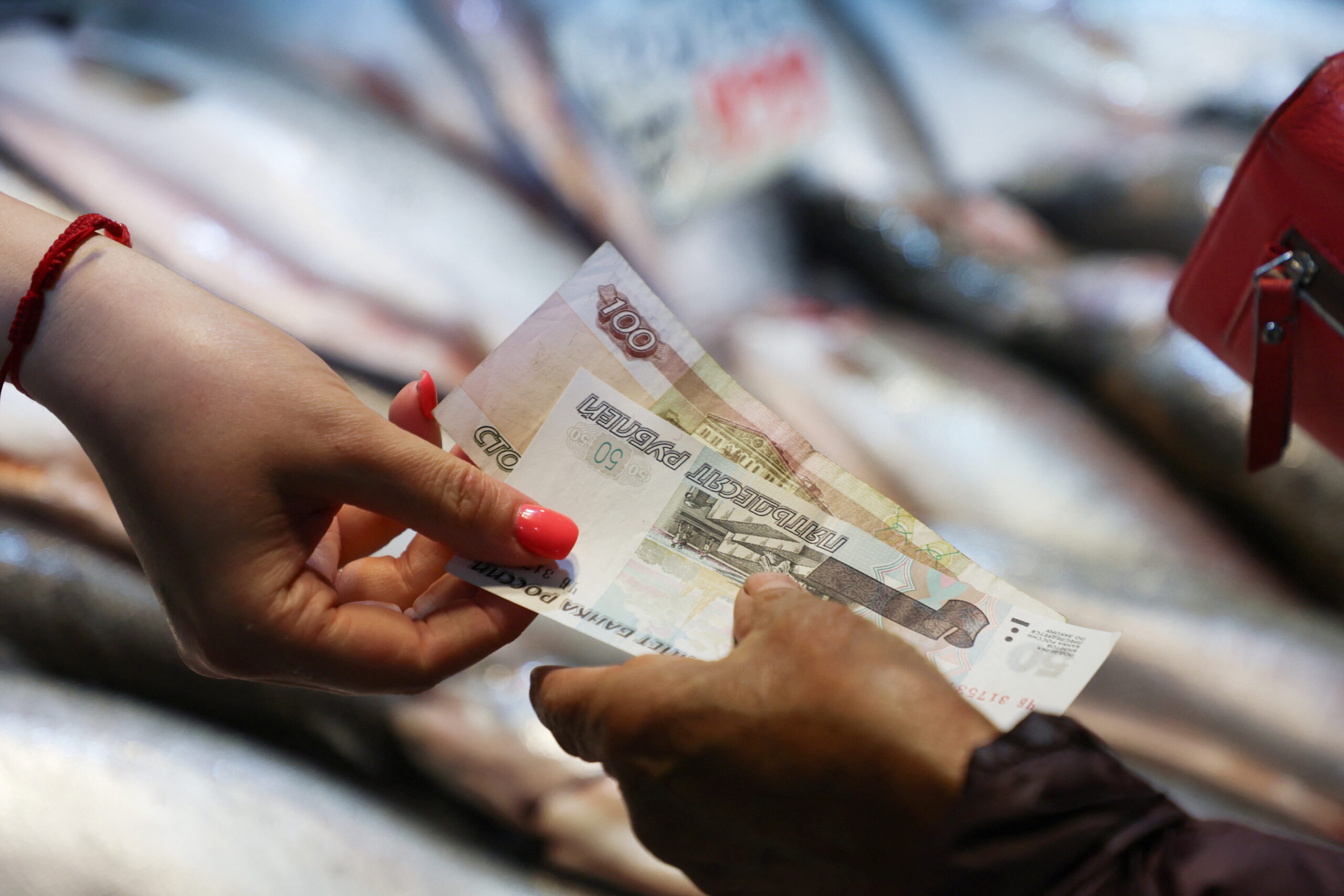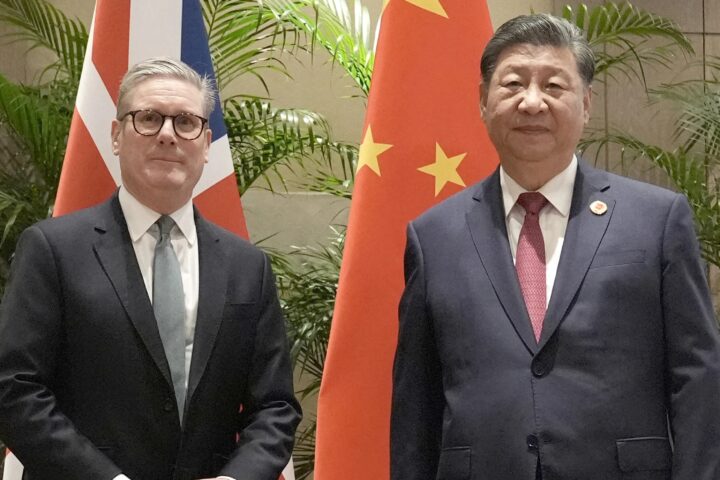Russian exporters cut their foreign currency sales to a historic low in August after the government scrapped mandatory rules on repatriation and conversion of export earnings, data from the central bank showed on September 7.
According to the Bank of Russia’s latest “Financial Market Risk Review,” net foreign currency sales by the country’s 29 largest exporters plunged 31% from July to $6.2 billion — the lowest since the regulator began publishing such statistics. The drop also marked a 22% decline compared with the average of the previous three months, while daily sales fell by 25%. At the same time, corporate demand for foreign currency surged by 29.5%, underscoring a structural shortage of hard currency on the domestic market. The figures were first reported in a post on the Telegram channel “EJ”.
Policy shift fuels market imbalance
The collapse in sales followed the government’s August 14 decree No. 1210, which eliminated requirements for major exporters to repatriate at least 80% of their foreign earnings and sell 90% of those inflows on the domestic market. The measure, which took effect on August 22, had previously ensured a steady supply of dollars and euros to the Moscow Exchange. Freed from those obligations, companies shifted transactions offshore, increasingly using direct settlements in currencies such as the yuan, which drained visible liquidity and heightened volatility.
Mounting pressure on the ruble and economy
With exporters reducing currency sales and corporate demand rising, the ruble has remained under pressure despite the central bank’s key rate standing at 18%. Importers are forced to pass exchange rate risks onto consumers, contributing to rising prices. Economists warn that the resulting inflationary impulse threatens to erode household incomes, while the state budget faces higher borrowing costs and strained public spending on healthcare, education, and social programs.
Structural risks deepen amid sanctions
Sanctions have further complicated access to hard currency, with payments increasingly denominated in yuan, dirhams, or rupees, which are costly and difficult to convert. Exporters often keep their proceeds abroad, avoiding domestic markets where liquidity is thinning. Analysts note that the combination of weaker inflows, rising import costs, and limited monetary tools leaves the Russian government with fewer options to stabilize the currency beyond administrative measures, exposing the market to sharp swings from external shocks.















